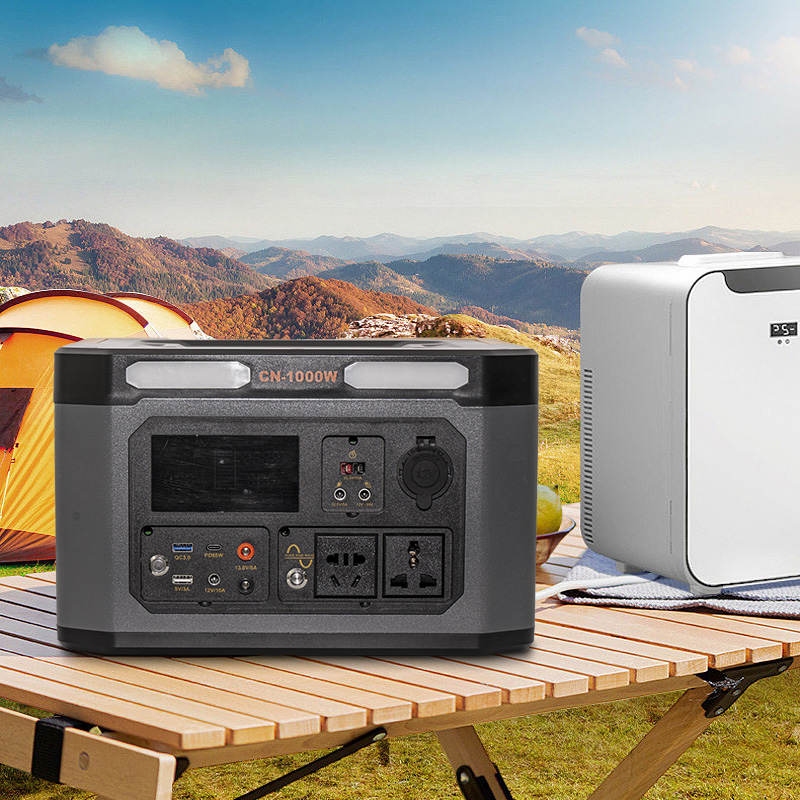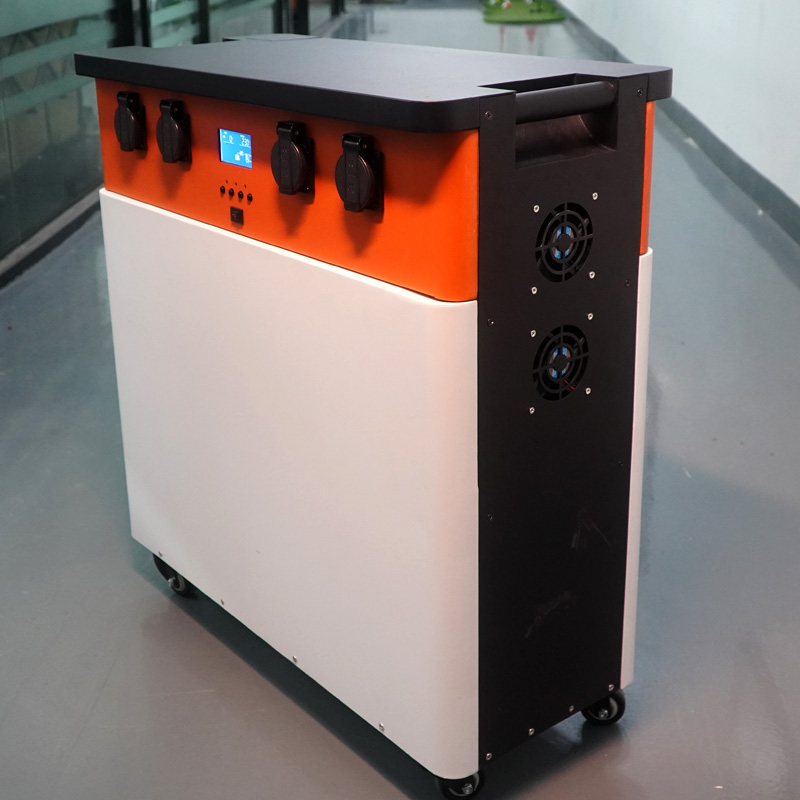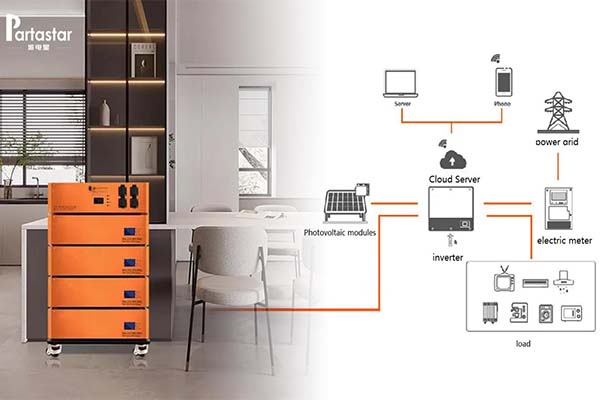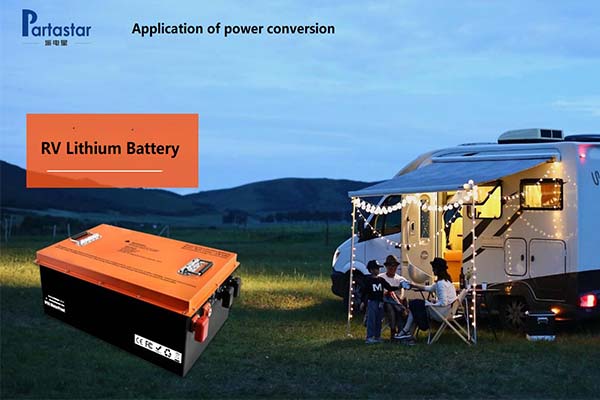With the development of the times, more and more electronic devices are now on the market, and people are increasingly inseparable from electricity. At the same time, electricity continues to affect people's usage habits. Rechargeable power stations have become indispensable for powering mobile phones and other electronic devices. One item, in the impression of many friends, the rechargeable power station only has the concept of charging and using when there is no electricity. In fact, the rechargeable power station also has a correct use method, which also requires our maintenance.
Handle with care
Avoid heavy pressure and violent vibration, be gentle with the rechargeable power station, and try to avoid throwing, knocking, and dropping, because these operations will damage the internal circuit board of the rechargeable power station.

moderate temperature
The rechargeable power station should be stored in a dry place with moderate temperature and protected from direct sunlight. Too high or too low temperature is not conducive to the storage of rechargeable power station. Too high temperature may cause accidents, and too humid environment may easily damage rechargeable power station parts.
A rechargeable power station that is not in use should be recycled once a month for a complete charge and discharge. Things that have been stored for a long time will become less durable than before, and the rechargeable power station is the same. If you leave it for a long time without charging, the power in the rechargeable power station will not only be lost, but also its service life will be shortened, and the rechargeable power will also be easily reduced. The life of the station battery.
Do not charge for a long time. Long-term charging may cause the rechargeable power station to overheat, and it may explode if it comes into contact with counterfeit products. Therefore, the charging time should not be too long, generally fully charged.
When charging the battery, try to use a dedicated socket, and do not share the socket with the TV and other household appliances, especially the small-capacity socket.



